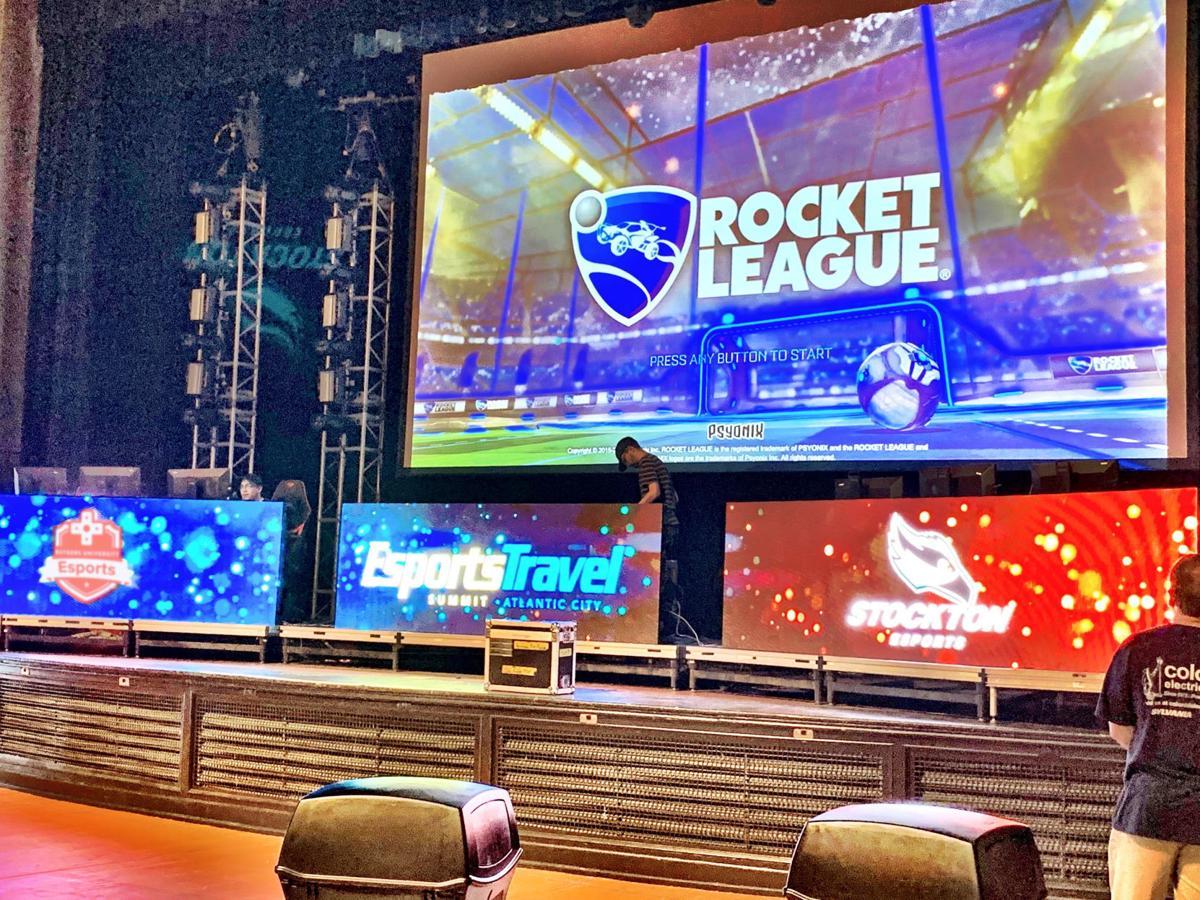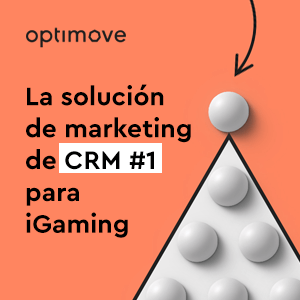Zona de Azar USA – Esports Represents High-Risk, High-Reward Investment for Atlantic City

USA.- July 3rd 2019 www.zonadeazar.com For an esports tournament to be run successfully, large screens, gaming consoles, computers, and a strong internet connection are all required, which can add up to large sums of money for the location hosting the event to take on.
This is often what can make potential venues reluctant to take on the risk of holding an esports event.
“Most organizers are not event planners,” Kim Meltzer, CEO of KidKesty Productions and Destination Esports, said at the EsportsTravel Summit at Caesar’s last week.
The lack of planning experience has led to insufficient communication between event organizers and venues wanting to host esports tournaments. Factors that aren’t being properly explained include costs involved, necessary materials, and how and when locations will profit from the events.
Esports tournaments are unlike many other events because of how much equipment a location needs in order to be capable of properly holding a tournament.
“The problem is, this is the one industry that doesn’t speak in rational terms,” Meltzer said. “We have work to do to explain to the venue what it can do.”
Esports executives insisted that the investments necessary to make esports events run smoothly are absolutely worth the risk for prospective venues, and can lead to successful partnerships for years to come.
“No one can match what video gaming has done for a destination,” Meltzer said.
Anthony Gaud, president of INGAME Esports, agreed that the conflict between organizer and venue does exist and is a “major problem in the industry,” and said that part of the issue is that the return on investment of an esports event is very different from what most businesses are used to. Because so much preparation and money is necessary on the part of the venue, this lack of immediate return on investment is worrisome for locations looking to break into the industry.
“There’s a discrepancy between what event organizers need and what event hosts can provide,” Gaud said. “Esports doesn’t fit any of the traditional models, because it needs infrastructure in place to exist.”
Becoming part of the esports landscape is more of a long-term investment than something that instantly brings in massive amounts of profit, Gaud said. Casinos hoping to continuously host esports tournaments in the future need to fully commit to the industry.

Gaud referenced the entertainment-restaurant hybrid Dave & Buster’s as a model for how gaming can make money, and bring in the much sought-after millennial clientele. A trip to Dave & Buster’s is mostly seen as a group activity, which also translates to esports, as many of its fans enjoy the sense of community it generates.
“It’s an incredibly tight-knit community,” Todd Lehrke, director of sports development at Bloomington CVB, said during the EsportsTravel Summit.
Peter Perez, the marketing director for Evos Esports Arena, described competitive gaming as a unifying experience.
“It’s far more than just entertainment,” Perez said at the summit. “When you have a video game, a mission, and a collective goal, there are no personal differences that will stand in the way of gamers accomplishing that goal.”
Gaud also mentioned Katowice, a city in Poland, as the best example of where an esports focused investment paid dividends. In Katowice, an outdated convention center was retrofitted into an esports arena, with the goal of hosting tournaments and events. Their first event in 2012 attracted roughly 1,000 people, but by 2017 attendance had ballooned to over 173,000 participants, and the events reached tens of millions of viewers through streams on platforms like Twitch.
A huge reason for Katowice’s success was that they had a space solely dedicated to esports, meaning that they could acquire equipment and make all necessary refurbishments at the outset, and hold as many events as they wanted to in a single location. Venues are slowly learning that to make it big in this market, they will need to dedicate time, money, and energy to it.
“We want to create a system that works as a unified destination rather than individual arenas and hotels,” said Meltzer. “Right now it’s fragmented and we need to fix it.”
Atlantic City sees the potential esports has for growth as an industry that already sees nearly $13 billion made in bets annually. The city is taking steps to cash in, like working with Gaud’s INGAME to help foster relationships in the esports world, and investing in a data center operated by Continent 8 Technologies in the Atlantic City Convention Center.
“Atlantic City has done more than most cities in pioneering partnerships between venues and event organizers,” Gaud said. “The city is leading when many don’t know what to do.”
If the city keeps putting in the work, Gaud thinks that it will pay off.
“It’s not a question of if it will make money, the question is who will make that money,” Gaud said.
Edited by: Zona de Azar Press www.zonadeazar.com










































